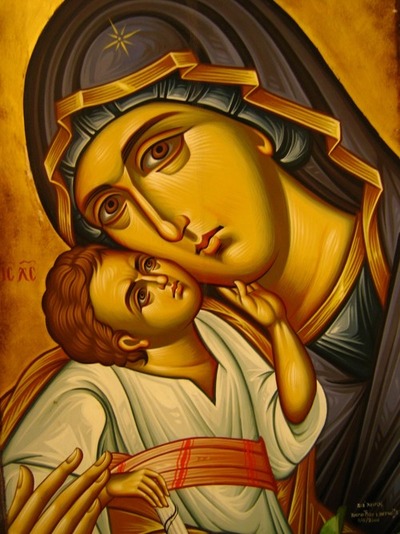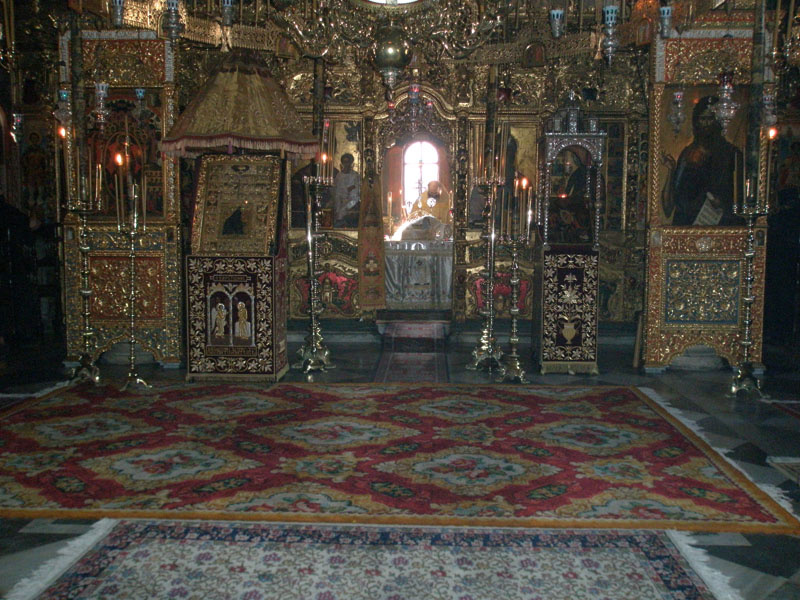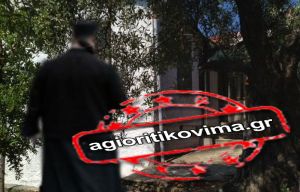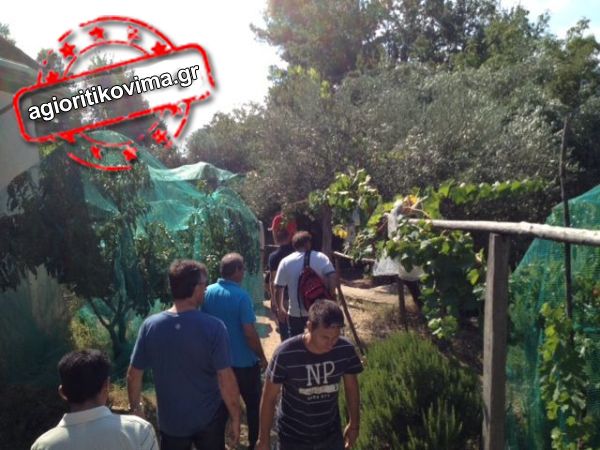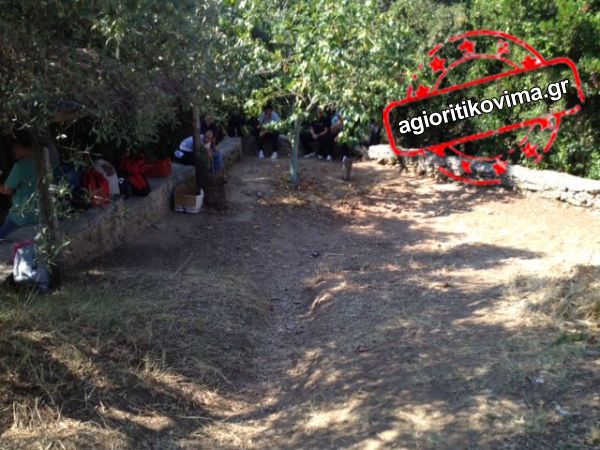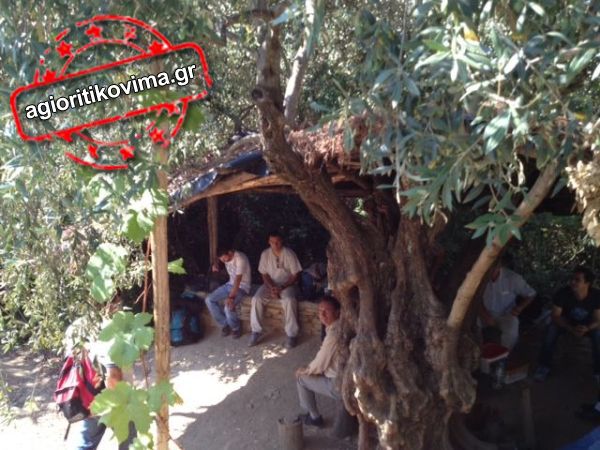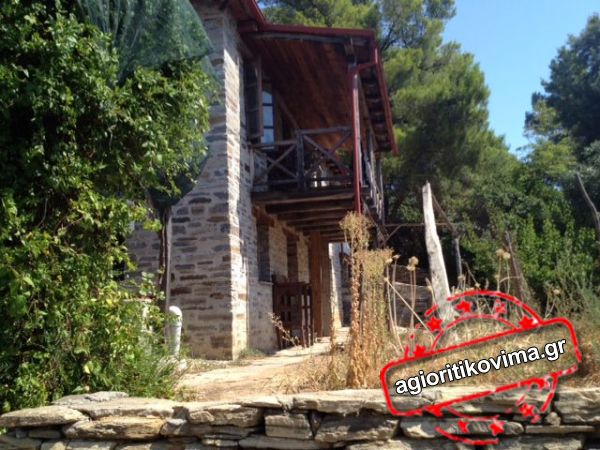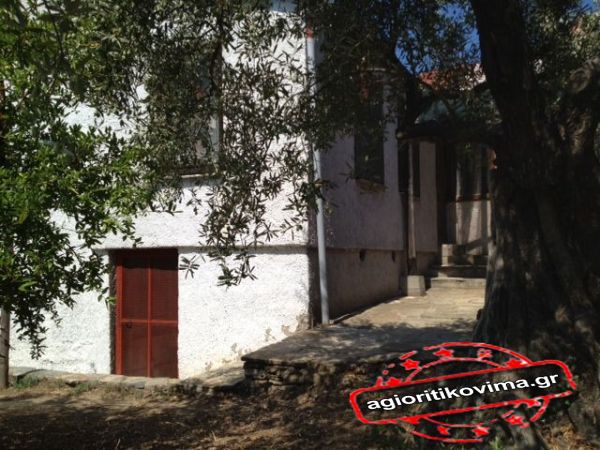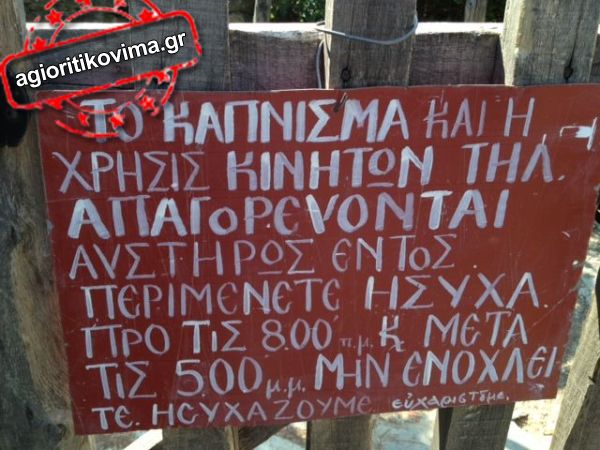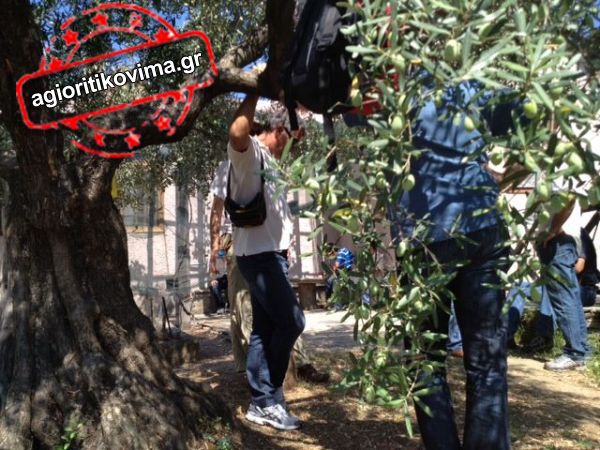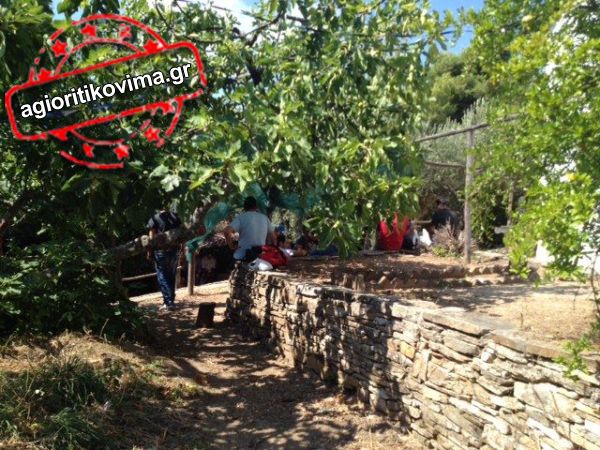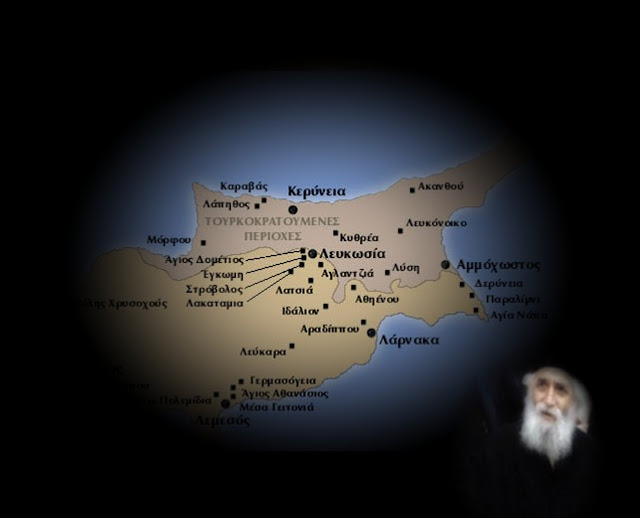St. Gregory Palamas, who lived during the 14th century and whom our Church commemorates on the second Sunday of Great Lent, received many gifts and blessings from the Mother of God throughout his life.
When he was a young boy, he had difficulty learning in school. In the face of such difficulty, he decided to first pray and prostrate himself three times before the icon of the Theotokos prior to reading the lesson. Henceforth, with Her help he could memorize everything he read with ease.
It was not long before he excelled in his studies to such a degree that everyone marveled at his wisdom.
Two years after he became a monk, as he was praying alone and had his mind completely turned to himself and God,a reverend and heavenly gentleman (who was the holy Apostle St. John the Theologian) suddenly appeared to him. He sweetly gazed at St. Gregory and said, "My child, I have been sent by the Most-Holy Queen of heaven and earth to ask you why do you ceaselessly cry out to God at every moment, 'enlighten my darkness, enlighten my darkness'?"
St. Gregory replied, "What else should I, who am full of passions and sins, ask for other than to receive mercy and enlightenment, so I can come to know and execute His holy will?"Then St. John the Theologian stated, "The Lady of heaven and earth has sent me, Her servant, to tell you that She will be your helper."
St. Gregory asked again, "Where will the Mother of my Lord help me? In this present life or in the next life?"
"Both in this present as well as the next life," replied the Theologian. Having said these words, the Apostle disappeared, while St. Gregory's heart became filled with ineffable joy on account of the assurance he received from the Theotokos.Another time, while he was praying in his cell to the Mother of God for both
himself as well as all the members of his brotherhood, asking Her to allow them to advance spiritually and ascend to God without any hindrance, and to help them obtaintheir basic living necessities easily, so they do not have to spend all their time trying to find the essentials and are thus prevented from preoccupying
themselves with the more important spiritual matters. Soon thereafter, the Mother of God appeared to St.
Gregory during the day. She was adorned modestly as a virgin, just as she is depicted in Her icons. She then
turned to the many radiant people who were accompanying Her and ordered, “From now on, give to Gregory everything that he and his brotherhood need.” Having said this, the Theotokos disappeared. The Saint would later confess that from that point forward, “
We had everything we needed, no matter where we went.”
May we have his holy blessings, and the intercessions of the Ever-Virgin Mary. Amen.
